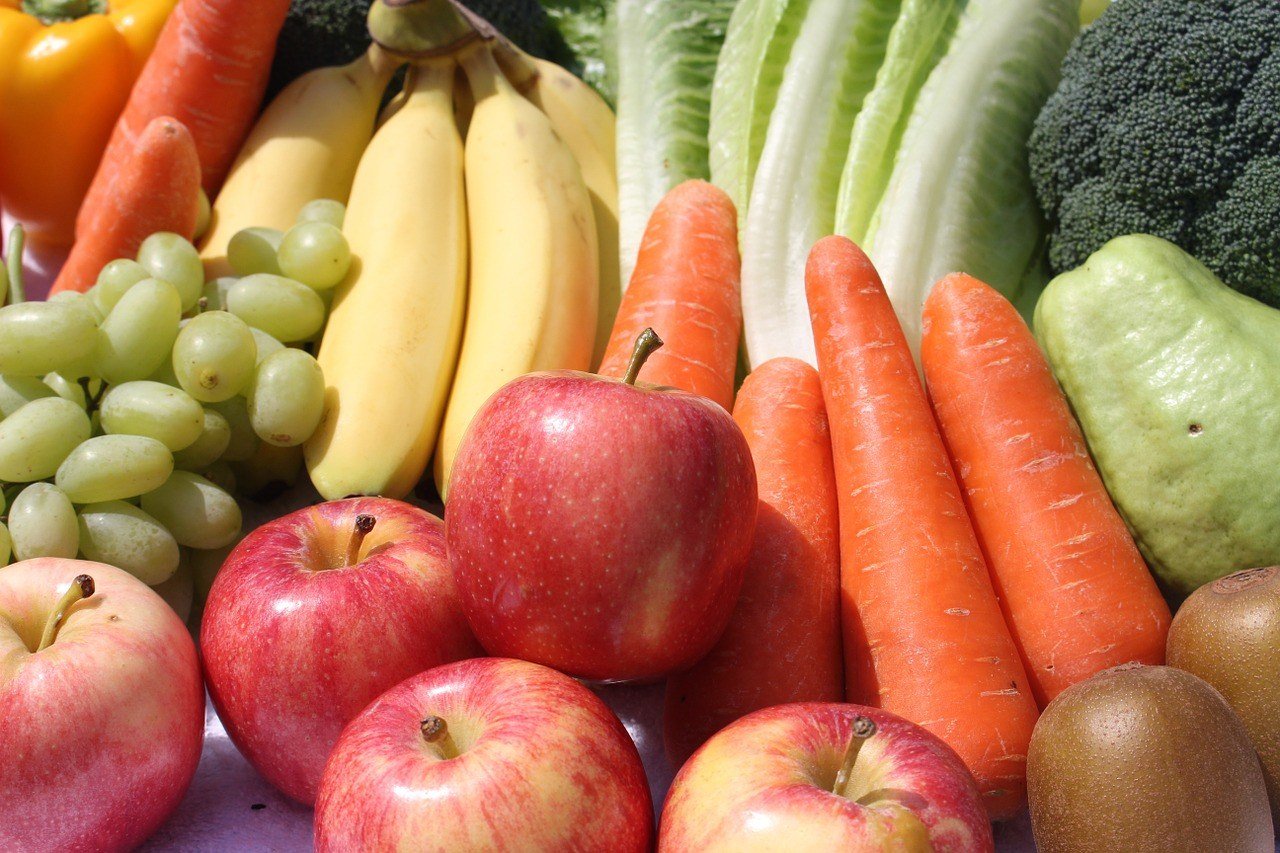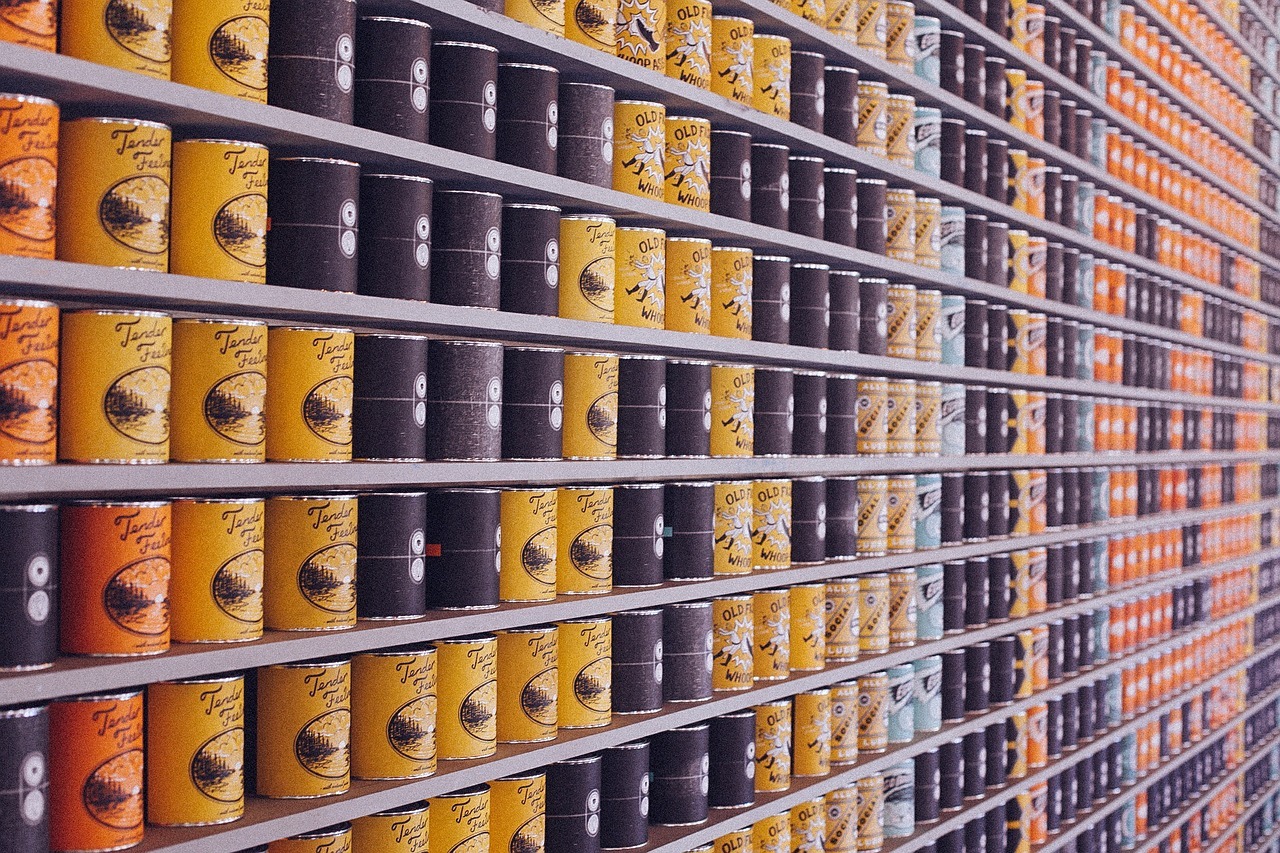Are you interested in improving your heart health and losing weight?
Then one lifestyle change you might want to consider is a low sodium diet. This eating program is easy and inexpensive to follow and although it might take a little getting used to, the benefits you reap are more than worth it.
Why the Low Sodium Diet is Important
There are several reasons why the low sodium diet is considered to be so helpful, both for general health and weight loss. One of the most important reasons is that it is good for your heart. Why? When you eat a diet with a lot of sodium, this can raise your blood pressure — and blood pressure, also called hypertension, is one of the main risk factors not only for heart attacks but for strokes. Since heart disease is the number one killer in America for both men and women, a low sodium diet is an important part of preventing the onset of this disease.
Weight Loss
A low sodium diet can also help with weight loss.
Why? Quite simply, water follows salt. If you have a lot of salt in your diet, your body will be more likely to retain water. The result is bloating, discomfort and increased overall water weight. The good news is, though, that a low sodium diet will correct this problem naturally and allow you to drop these excess fluids.
If you want to know more about weight loss, you can’t miss the following article that provides all useful tips you need:
Weight Loss Plan And Program: Create Your Own One
Foods to Include in a Low Sodium Diet
Another attractive thing about this diet is that it does not require you to cut out whole food groups like some eating plans do. The best foods to enjoy for a low sodium diet include:
- Fresh fruits and vegetables
- Fresh meats
- Most dairy products
- Whole grains like whole wheat pasta and bread or brown rice
- Unsalted nuts and seeds of all kinds
- Dry beans, peas and lentils (in other words, not from a can)
- Eggs
- Fresh or dry herbs to add flavor to favorite dishes
- Olive oil or other oils like safflower or sunflower oil
These foods will allow you to follow a healthy, balanced diet while still watching your sodium intake.
Foods You Should Avoid
One of the drawbacks of a low sodium diet, however, is the number of foods that you have to cut out from your daily routine. These include:
- Most processed foods (such as microwaves dinners or boxed foods like macaroni and cheese)
- Canned foods, especially canned soups
- Pre-packaged foods like sauces, creams, gravies or dressings
- Table salt
- Salted butter
- Some high-sodium cheeses
- Processed meats (this includes deli meats, ham, bacon, sausage or cured meats).
General Tips for Following a Low Sodium Diet
Here are some general rules that will make it easier for you to follow a low sodium diet:
- Keep track of your sodium intake at each meal. Aim for no more than 2,000mg in a single day.
- Read labels carefully so that you know exactly how much sodium is in each serving of what you are eating.
- Do not be fooled by products which claim to be “low sodium” or “reduced sodium” until you have confirmed just how much salt they contain.
- To make sure you still have a flavorful diet, use fresh or dried herbs and spices, lemon or lime juice, olive oil and other similar ingredients to make sure your dishes still taste good even with less salt.
- Salt substitutes such as those based on potassium are also available in most grocery stores (usually, you will find them right next to the bottles of table salt!). However, let your doctor know if you are using this kind of substitute as it can interfere with certain medications.
In short, a low sodium diet is generally easy to follow and while it does take a little extra time to read labels and avoid processed foods, the benefits to your heart health and your ability to lose water weight make this a very attractive proposition for anyone interested in leading a more health-conscious life.
Featured photo credit: Ashley Kirk via stocksnap.io














































